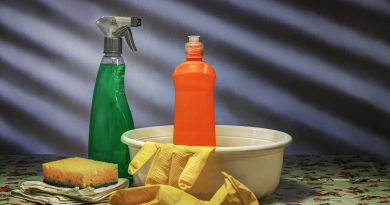Tips for Housebreaking Your New Puppy

Wouldn’t it be great if puppies knew they should only potty outside? Unfortunately, that’s not the case, and it is your job to teach him or her how to be a good family member. No one wants to deal with the soil, odor, time, and expense that can result from poor house training. Proper training requires much time, patience and consistency on your part. Several strategies exist for training, including crate, paper, and litter box training.
Crate Training
Crate training is often the best choice. While learning not to soil in the house, your puppy also learns to accept the crate as a safe, secure area. Dogs instinctively want a safe “den” or resting area and usually will not soil it. A crate offers a perfect choice. Many crate trained dogs will tend to be less anxious when kenneled for any reason–at the groomer, veterinarian or boarding facility–because they are familiar with a crate or kennel environment.
It is very important to choose a crate size and type that is appropriate for your pet and use the crate properly. Ask a pet care professional for help and specifics for choosing the right crate.
Paper and Box Training
The goal is to train your puppy to soil only in a designated spot outside, in a litter box or a papered area. Paper or litter box training is appropriate for small dogs that will not have regular access to the outdoors.
Your puppy should immediately be taken to the designated area upon waking in the morning, and frequently though out the day. Praise the puppy when he or she uses the area to go to the bathroom.
Understanding Crating Times
Do not leave young puppies crated all day. Puppies 6-8 weeks old should be crated for no more than 4 hours at a time. As the puppy grows, crating time can gradually be lengthened to a maximum of 8 hours by 18-20 weeks of age.
Dealing With Puppy “Accidents”
Clean up any accidents as quickly as possible and use an odor remover. If you catch your puppy having an accident, take him or her immediately to the designated soiling area. You may even need to leave a small amount of waste in the spot to help your puppy understand that this is his or her toilet area.
Don’t discipline the puppy if you find an “accident” after the fact. He or she will not understand what the scolding is for. Many good training materials exist to help you- books, videos, professional trainers, and pet care professionals.
If you need more information on puppy behavior and house training, be sure to consult your puppy’s veterinarian.













